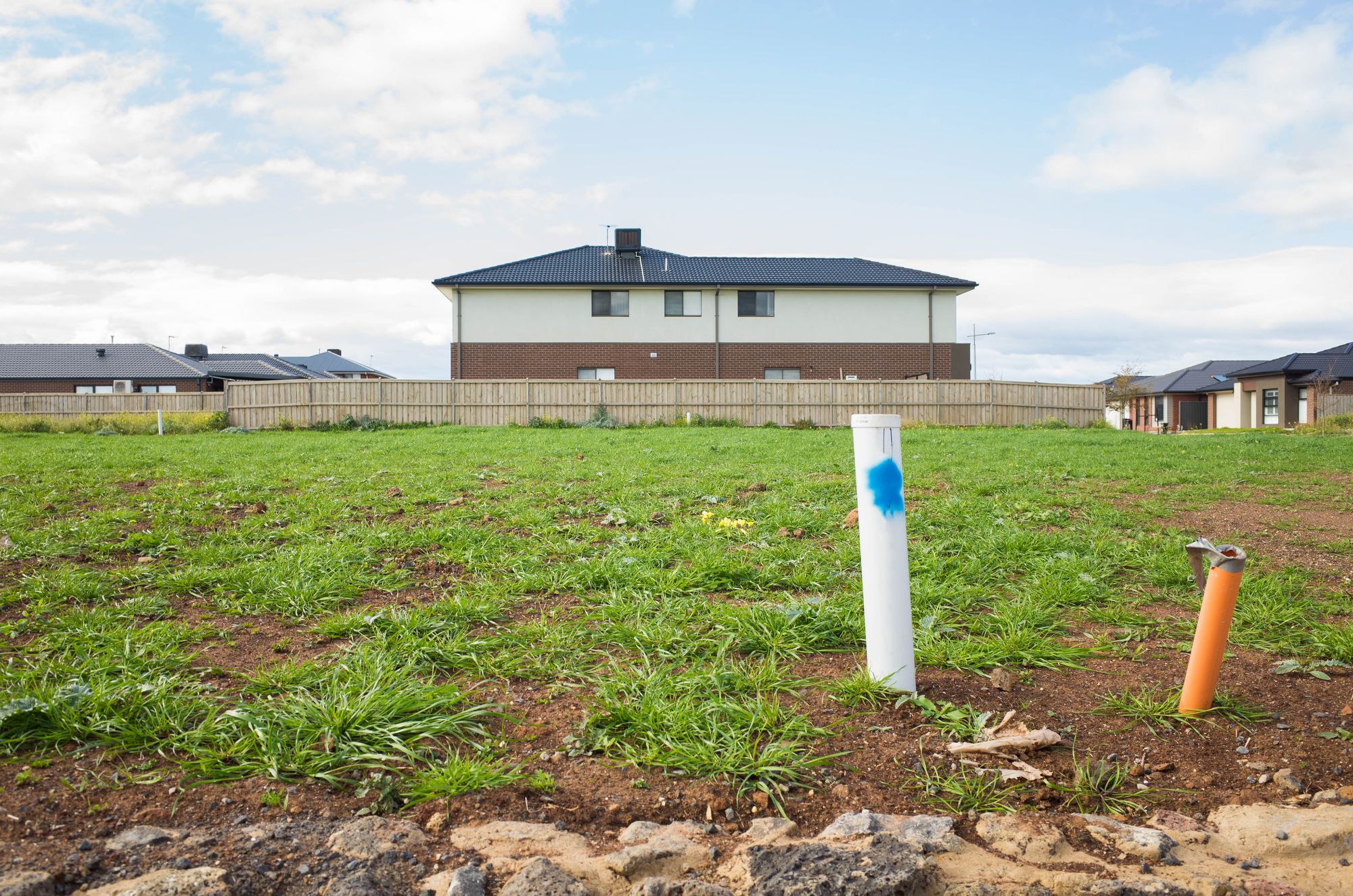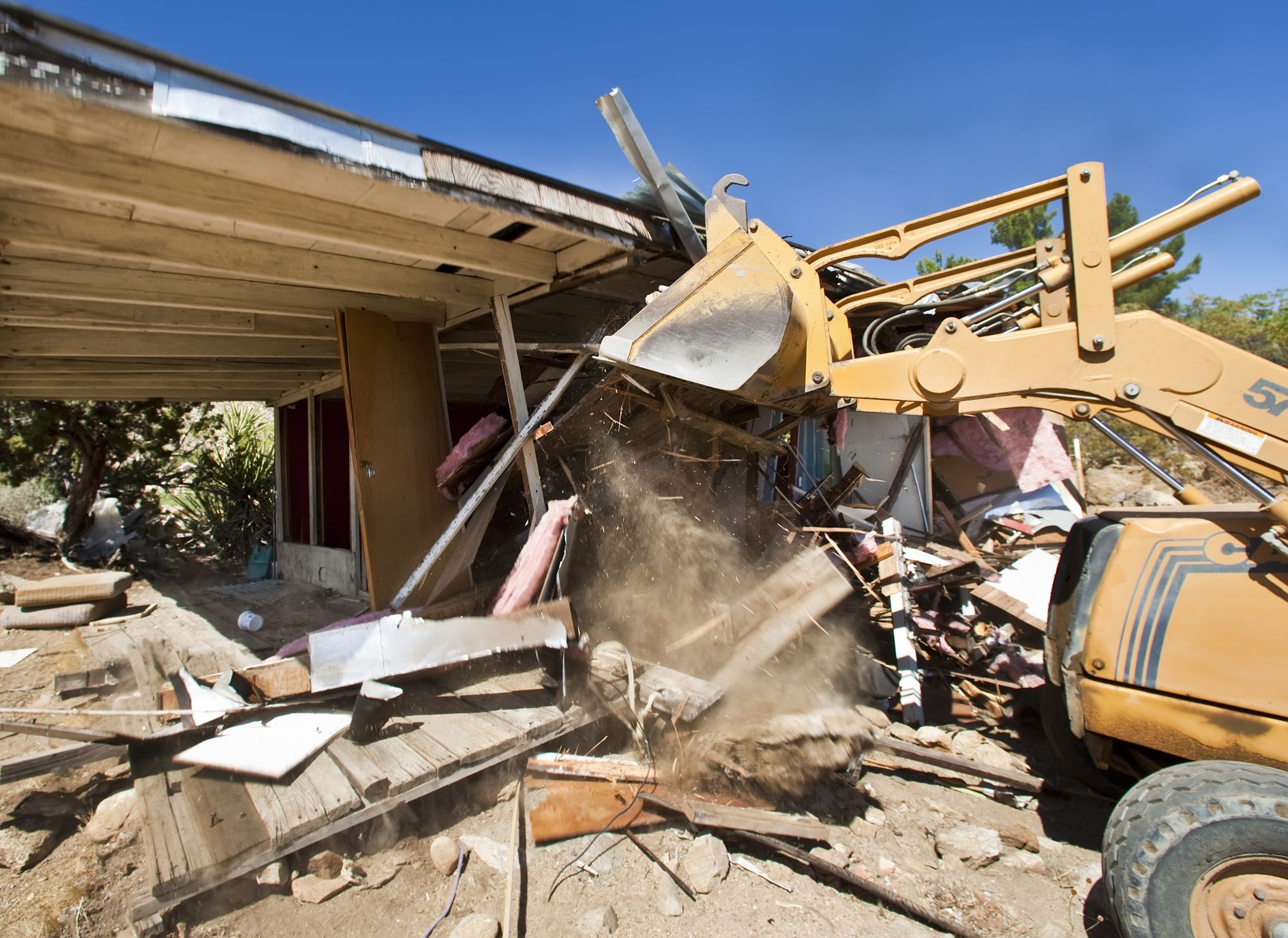It's comedy hour at Property Pulse. Question: what's the one thing we all buy in the hope that we never need to use it?
Answer: Insurance.
It kind of messes with my brain, the idea that we all spend stacks of money every year to buy all kinds of different insurance products, but our aim is to just pay the premiums every year and forget about it.
And yet the other option is to have a slush fund tucked away in an account somewhere in case something goes wrong. How many people can realistically do that? I think we all know the answer.
The trick is to buy enough insurance to cover the things you need to cover, without buying insurance products you really don't need.
So all jokes aside, when it comes to buying a development property, what insurance do you actually need, and when?
For insurance, there's three different phases in the property development process, and the insurance requirements are different for each one. So let's take a look at each stage separately to determine what's required and when.

Property Purchase
This might come as something of a surprise, but in most states you, as the purchaser, become liable for the insurance of a property prior to settlement. That comes as a shock to many new property developers.
So once you've gone unconditional on the sale and are moving towards settlement, you need to get insurance.
Now, if it's a regular house and there are people living in it, it's fairly easy. Insurance companies are very familiar with occupied houses and love to insure them.
If the house is vacant, though, it's a lot more difficult. Insurance companies definitely don't like it when there's nobody living on the premises to deter vandals from causing damage. If you're going to demolish the house as part of your development project, it's potentially simpler to just insure the land (we'll get to that shortly).
If keeping the house is part of your strategy, one thing you can do is take out a cover note on the property, based on the assumption that someone will be moving in after settlement. That buys you enough time to get through to settlement.
Once you settle on the property, though, you have a couple of choices to solve this problem. Either put short-term tenants in the property as soon as possible after settlement, so the insurance companies are happy to insure it. Or demolish it ASAP if that's the strategy.
Demolition
Things have progressed. You've settled on the property, and now it's time for the house to be knocked down and removed. At this point you can cancel the building insurance (and get a partial refund!).
Definitely make sure that the demolition company has the necessary public liability insurance in place before going ahead.

And now you're left with a vacant block of land, what's the point of insuring that? It's not like anything can be stolen, trashed or anything else, right?
If you think that, you'd be wrong. What if someone comes onto the property, and a falling branch lands on their head? Believe me, at that point you are definitely going to need public liability insurance as a minimum.
Although this type of insurance cover exists, most insurance companies don't want to know you. One company I know of is Landcover Pty Ltd. Now let me be clear - I am not aware of anyone who has made a claim through them, so I have no idea how good or bad that side of their offering might be. But they are at least willing to take a premium in return for public liability insurance on vacant land. There are other providers, so shop around.
You should also keep your cover active if you're doing civils construction prior to building.
Building
Part of your due diligence when choosing your builder is to make sure they have the necessary insurance to cover the build. Because once you hand the site over to the builder, it's their responsibility to keep it insured.
It's also advisable to keep your land cover insurance active throughout this period.
Look, I get it. Sometimes it feels like paying money for insurance is a bit like flushing it down the toilet. You hand it over in the hope that the policy sits in the drawer or on your hard drive and you never need to pull it out.
But if something goes wrong and you need it, you'll be very glad you didn't buy your development property without it.
Answer: Insurance.
It kind of messes with my brain, the idea that we all spend stacks of money every year to buy all kinds of different insurance products, but our aim is to just pay the premiums every year and forget about it.
And yet the other option is to have a slush fund tucked away in an account somewhere in case something goes wrong. How many people can realistically do that? I think we all know the answer.
The trick is to buy enough insurance to cover the things you need to cover, without buying insurance products you really don't need.
So all jokes aside, when it comes to buying a development property, what insurance do you actually need, and when?
For insurance, there's three different phases in the property development process, and the insurance requirements are different for each one. So let's take a look at each stage separately to determine what's required and when.
Property Purchase
This might come as something of a surprise, but in most states you, as the purchaser, become liable for the insurance of a property prior to settlement. That comes as a shock to many new property developers.
So once you've gone unconditional on the sale and are moving towards settlement, you need to get insurance.
Now, if it's a regular house and there are people living in it, it's fairly easy. Insurance companies are very familiar with occupied houses and love to insure them.
If the house is vacant, though, it's a lot more difficult. Insurance companies definitely don't like it when there's nobody living on the premises to deter vandals from causing damage. If you're going to demolish the house as part of your development project, it's potentially simpler to just insure the land (we'll get to that shortly).
If keeping the house is part of your strategy, one thing you can do is take out a cover note on the property, based on the assumption that someone will be moving in after settlement. That buys you enough time to get through to settlement.
Once you settle on the property, though, you have a couple of choices to solve this problem. Either put short-term tenants in the property as soon as possible after settlement, so the insurance companies are happy to insure it. Or demolish it ASAP if that's the strategy.
Demolition
Things have progressed. You've settled on the property, and now it's time for the house to be knocked down and removed. At this point you can cancel the building insurance (and get a partial refund!).
Definitely make sure that the demolition company has the necessary public liability insurance in place before going ahead.
And now you're left with a vacant block of land, what's the point of insuring that? It's not like anything can be stolen, trashed or anything else, right?
If you think that, you'd be wrong. What if someone comes onto the property, and a falling branch lands on their head? Believe me, at that point you are definitely going to need public liability insurance as a minimum.
Although this type of insurance cover exists, most insurance companies don't want to know you. One company I know of is Landcover Pty Ltd. Now let me be clear - I am not aware of anyone who has made a claim through them, so I have no idea how good or bad that side of their offering might be. But they are at least willing to take a premium in return for public liability insurance on vacant land. There are other providers, so shop around.
You should also keep your cover active if you're doing civils construction prior to building.
Building
Part of your due diligence when choosing your builder is to make sure they have the necessary insurance to cover the build. Because once you hand the site over to the builder, it's their responsibility to keep it insured.
It's also advisable to keep your land cover insurance active throughout this period.
Look, I get it. Sometimes it feels like paying money for insurance is a bit like flushing it down the toilet. You hand it over in the hope that the policy sits in the drawer or on your hard drive and you never need to pull it out.
But if something goes wrong and you need it, you'll be very glad you didn't buy your development property without it.
